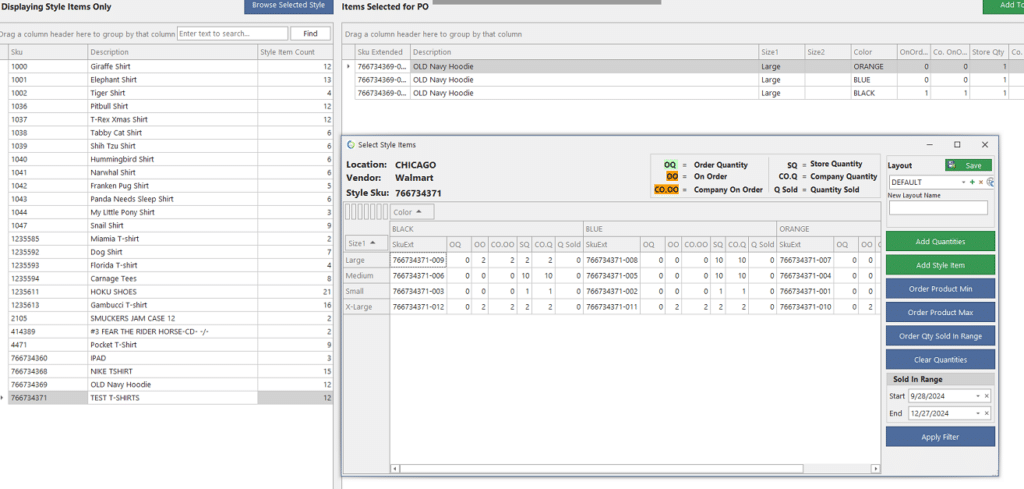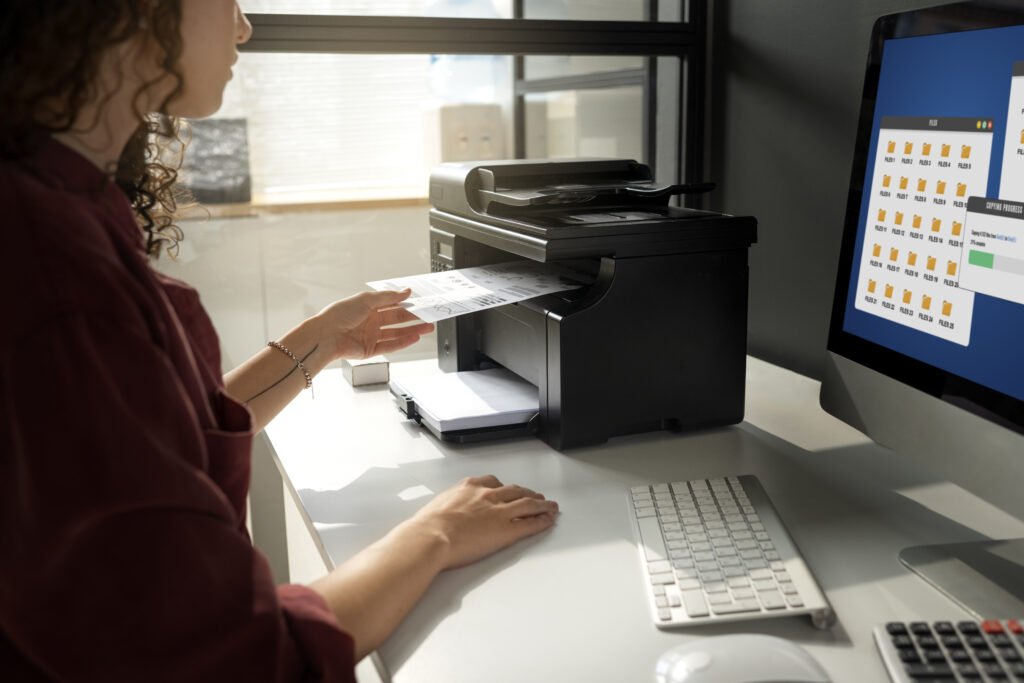A purchase order (PO) module integrated into a retail Point-of-Sale (POS) system is no longer a luxury but a necessity for businesses aiming to stay competitive
In today’s fast-paced retail environment, efficiency and accuracy are key drivers of success. . Here’s a deep dive into the benefits of having a good purchase order module in your retail POS system.

1. Streamlined Inventory Management
Inventory is the lifeblood of any retail operation. A PO module automates the process of ordering stock, ensuring that inventory levels are optimized. By integrating with your POS system, the module can:
- Track inventory in real-time.
- Alert you to low stock levels.
- Automatically generate purchase orders based on predefined thresholds. This reduces the risk of overstocking or stockouts, helping to maintain a smooth flow of operations.

2. Purchase Orders Improve Accuracy and Reduced Errors
Manual purchase orders are prone to errors, whether from incorrect quantities, miscommunications, or misplaced documentation. A good PO module minimizes these issues by:
- Automating data entry.
- Ensuring consistency across orders.
- Providing templates for standard orders. This reduces costly mistakes and improves overall efficiency.
3. Enhanced Vendor Relationships
Maintaining strong relationships with suppliers is crucial for retail success. A purchase order module can:
- Standardize communication with vendors.
- Track order histories and payment schedules.
- Provide transparency and accuracy in transactions. With clear and consistent processes, vendors are more likely to trust and prioritize your business.
4. Time and Cost Savings
Time is money in the retail world. By automating and simplifying the purchase order process, businesses can save valuable time that can be redirected to other critical tasks. This efficiency translates into:
- Reduced administrative overhead.
- Faster order processing times.
- Lower operational costs over time.
5. Better Financial Management
A PO module provides a clear picture of purchasing activities, aiding in financial planning and budgeting. It enables retailers to:
- Monitor spending trends.
- Compare vendor pricing.
- Avoid unexpected costs through better oversight. These features contribute to a more controlled and predictable financial landscape.
6. Seamless Integration with Other Systems
A good purchase order module seamlessly integrates with other components of a POS system, such as sales, accounting, and reporting tools. This integration facilitates:
- Real-time updates across systems.
- Comprehensive data analysis.
- Holistic decision-making based on accurate and up-to-date information.
7. Scalability and Growth Support
As your retail business grows, managing increased order volumes can become challenging. A robust PO module scales with your business, offering:
- Support for multi-location operations.
- Enhanced reporting capabilities.
- Customization to meet evolving needs. This ensures that your systems can handle growth without compromising efficiency.
Conclusion
Incorporating a good purchase order module into your retail POS system is a strategic move that delivers numerous benefits, from improving operational efficiency to enhancing financial management and vendor relationships. By leveraging these advantages, retailers can streamline their operations, reduce costs, and set the stage for sustained success in an increasingly competitive market. Investing in a high-quality PO module isn’t just about simplifying processes—it’s about empowering your business to thrive.
For more information contact us.






